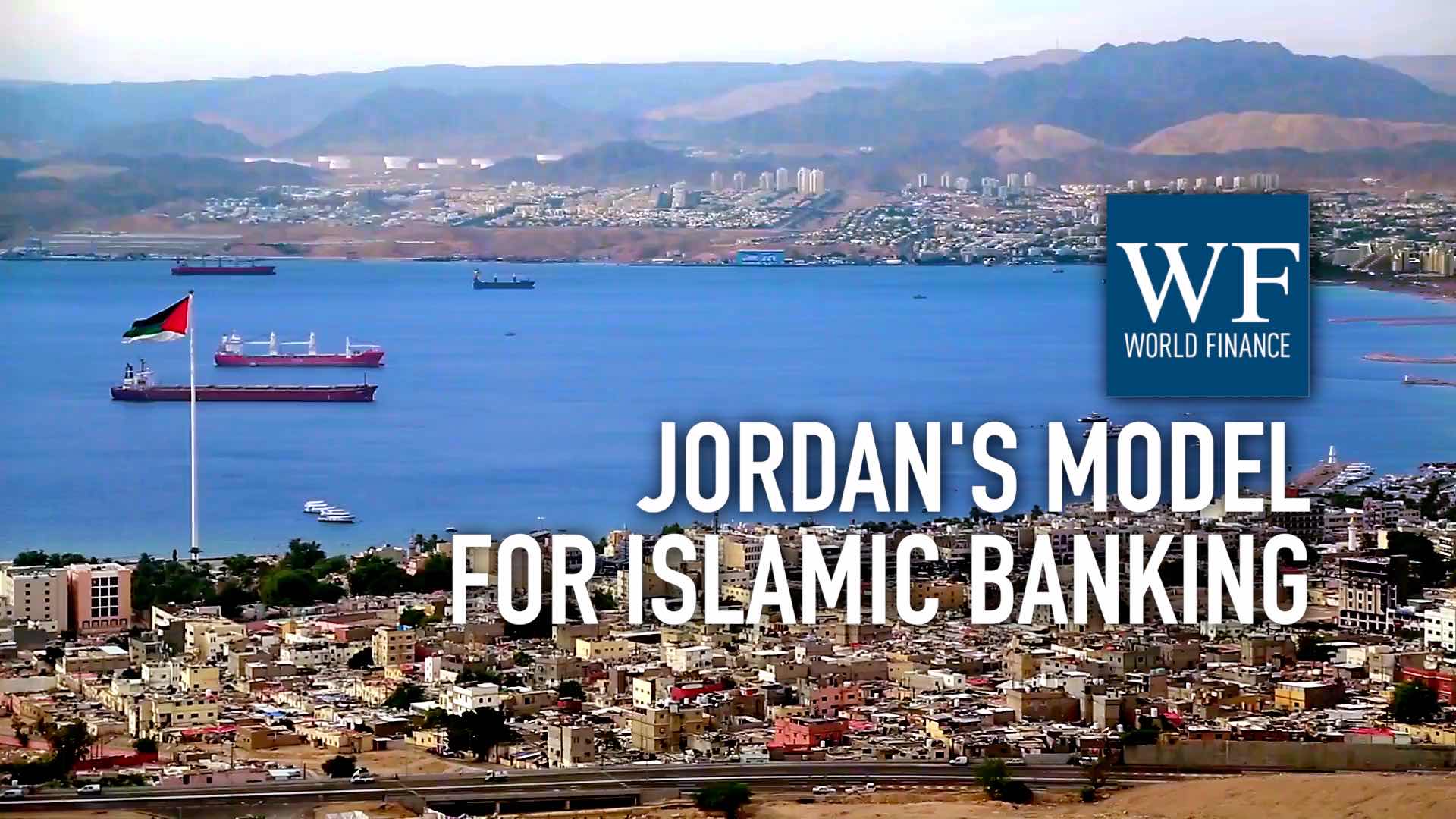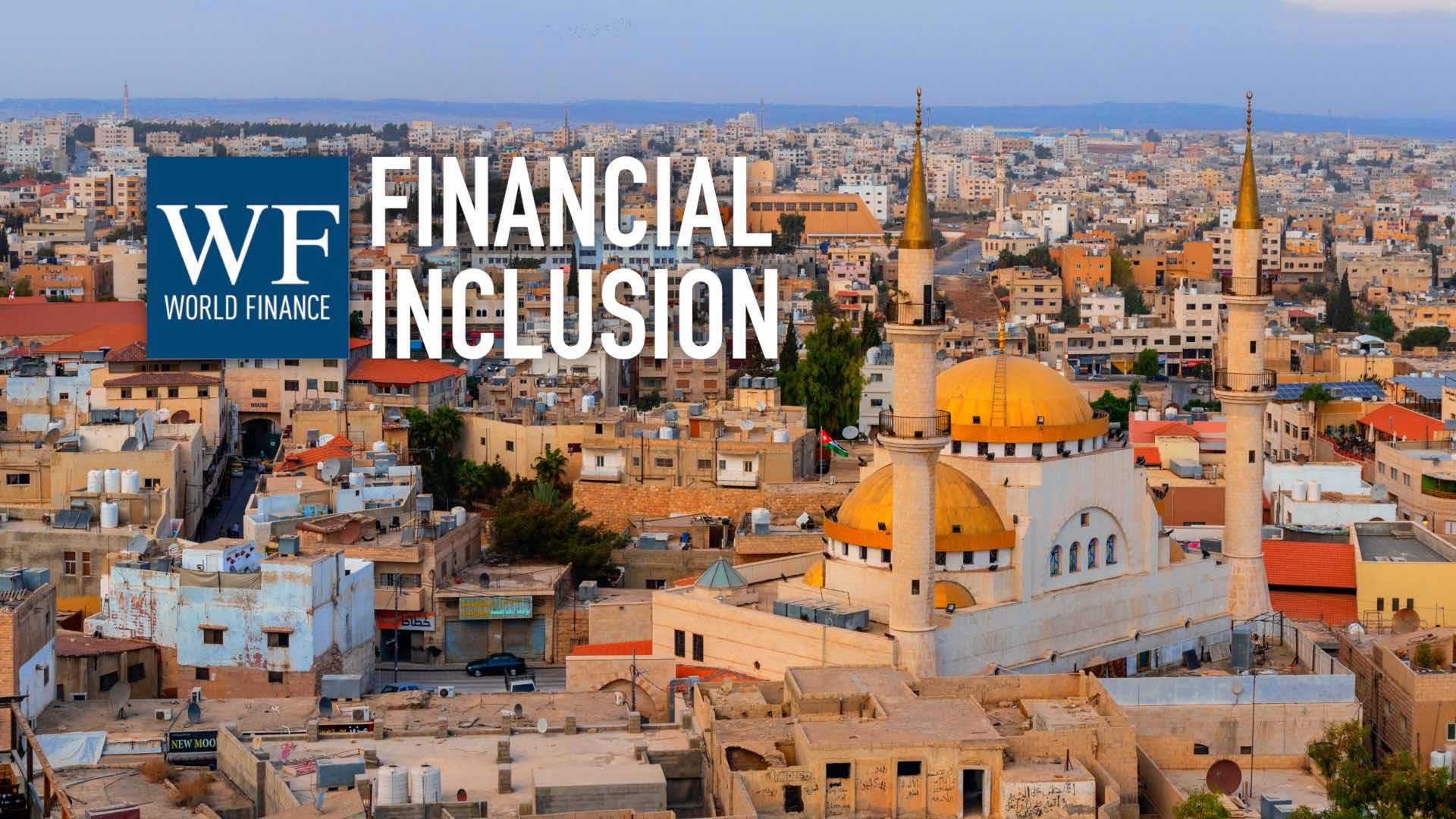Steve Troop on banking in Qatar | Barwa Bank | Video
World Finance interviews Steve Troop, CEO of Barwa Bank, on how Qatar's National Vision 2030 is changing the Qatari banking industry
Related:
Transcript
The ‘Global Financial Centre Index’ has ranked Qatar as the top financial centre in the Middle East, with its GDP growth expected to reach 6.5 percent for the full year 2013. Barwa Bank CEO Steve Troop talks about the ways the Qatar banking industry is changing to meet the National Vision 2030, the challenges facing Sharia compliant banks, and the affect declining interest rates are having on banks in the region.
World Finance: So tell us how the banking industry in Qatar has changed in recent years and the role of Barwa in the national vision.
Steve Troop: The industry in Qatar is growing rapidly, it’s very competitive, it’s increasingly sophisticated, it’s increasingly international and internationalist in its approach and its attitudes. It’s very well capitalised, it’s profitable. The structural developments are of course part of the national vision, 2030; I think a lot of people tend to think of those developments as associated principally with the World Cup in 2022. Roads, schools, hospitals, the airport, a new port, electrification, electricity generation, desalination, that sort of thing. And of course, core to the national vision is this idea of an economy in transition, a move away form hydrocarbon dependence towards a more diversified economy, a knowledge based economy. So building Qatar as a regional services centre, as a conference centre, as a tourist destination, and as a base for light industry in service companies. The bank’s role in all of this is obviously to assist and support the major infrastructural commitments, but also to help finance some of the SME developments around these new industries.
“I think Qatar is in a remarkably fortunate position: it has both the plan and the wherewithal to execute that plan.”
World Finance: Qatar has one of the fastest growing economies but significant funds are needed to deliver the planned infrastructure projects, so what tough decisions does this mean for the country?
Steve Troop: I think Qatar is in a remarkably fortunate position in as much as it has both the plan and the wherewithal to execute that plan. The country has very very significant surpluses, principally through the export and sales of hydrocarbons. I think there are some issues that we need to tackle around the maturity of projects. Some of these are very, very long-tail commitments. Deposit bases tend to be an awful lot shorter of course, so that has structural challenges from a banking perspective. But other than that, I think we’re in great shape to take them forward.
World Finance: What makes Qatar an attractive destination for global business investment and enterprise?
Steve Troop: I think it’s a very business friendly place. It has superb communications, both physical in terms of connectivity, telecommunications, a relaxed and relatively liberal environment in the context of the Middle East. It has an established legal system, very very low or very little taxation indeed, principally for companies operating there. And indeed, very significant opportunities to participate in what’s going on in terms of a rapidly growing economy.
World Finance: What are the major challenges facing a Sharia compliant bank such as Barwan, how do you overcome these?
Steve Troop: The first one would be the challenge around short term liquidity management; the options available to Islamic banks in terms of short term deployment are considerably narrower than those available to conventional banks. The situation’s improving, of course; we’re starting to see shorter term instruments available to us for deployment, though it remains challenging. I suppose the second issue would be the question of consistency of the application of Sharia compliance and what constitutes Sharia compliance. There are no internationally recognised standards for Sharia compliance rule, we’re reliant upon the views of our scholars and our Sharia boards, and from time to time that does create confusion and disagreement as to what exactly is a Sharia compliance structure.
“Islamic banks are recognising the need to become increasingly sophisticated, and increasingly customer focused in their approach”
World Finance: How is the demand for Sharia compliant services developing and how do you see it evolving in the future?
Steve Troop: Certainly if one looks at Qatar, and Qatar is no exception but if one looks at the banking aggregates in Qatar, the Islamic aggregates are growing at a considerably faster rate than the conventional ones. In Qatar we’re up to about 25 percent of total aggregates now, almost a quarter of total aggregates are now Islamic, both assets and liabilities. There is clearly demand at both individual and personal level. Purchasing decisions are more personal, particularly in the SME area, business owners, owner-managers, do elect for Sharia compliant structures, and there are of course corporations, particularly government sponsored corporations that do prefer Sharia compliant structures. So it’s growing very rapidly indeed.
World Finance: How are Islamic banks developing when compared with conventional banks in the region, and what impact are the deflating interest rates having?
Steve Troop: The pressure on rates of course is universal, and that affects both conventional banks and Islamic banks. Islamic banks are recognising the need to become increasingly sophisticated, and increasingly customer focused in terms of the way they approach their businesses. Certainly from our perspective, our view is that Sharia compliance is central to what we do, but we also have to have a compelling customer proposition. Sharia compliance of itself is not enough to guarantee success. So a Sharia compliant bank, but also a good bank that meets customers’ needs and expectations in terms of service, sophistication, product range.
“We are selective, we are not a universal bank and have no ambition to be one.”
World Finance: Barwa Bank recorded strong growth to the first half of the year. What do you credit to this success and how do you plan to sustain this?
Steve Troop: I think we put our success down to a number of different things. I think we’ve been very focused. I think when you are a new entrant to what is already a congested and very competitive market place, you’ve got to have a differentiated strategy, and we’ve sought to be as differentiated as possible. We are selective, we are not a universal bank and have no ambition to be one. We’re not in mass market retail for example, there’s already plenty of capacity in that space. So we pick out areas where we feel we can compete, and compete as hard as we possibly can. Our retail banking proposition is very upscale, almost boutiquey, targeted very much at the mass affluent. We are a corporate bank that probably punches a little bit over our weight for the size that we are, and we’ve made a lot of progress over the last year or so in the Islamic capital markets, particularly through things like Sukuk issuance and that sort of thing. We feel there is a particular scope and opportunity for a dynamic approach to the development of Islamic capital markets, which we think are going to be very, very big and substantial in the years ahead.
World Finance: Steve, thank you.
Steve Troop: Thank you Nick.

 JIB: A model of ‘honest, sincere, and satisfying’ Islamic banking for Jordan
JIB: A model of ‘honest, sincere, and satisfying’ Islamic banking for Jordan Jordan’s improved financial inclusion still leaves huge room for growth
Jordan’s improved financial inclusion still leaves huge room for growth
